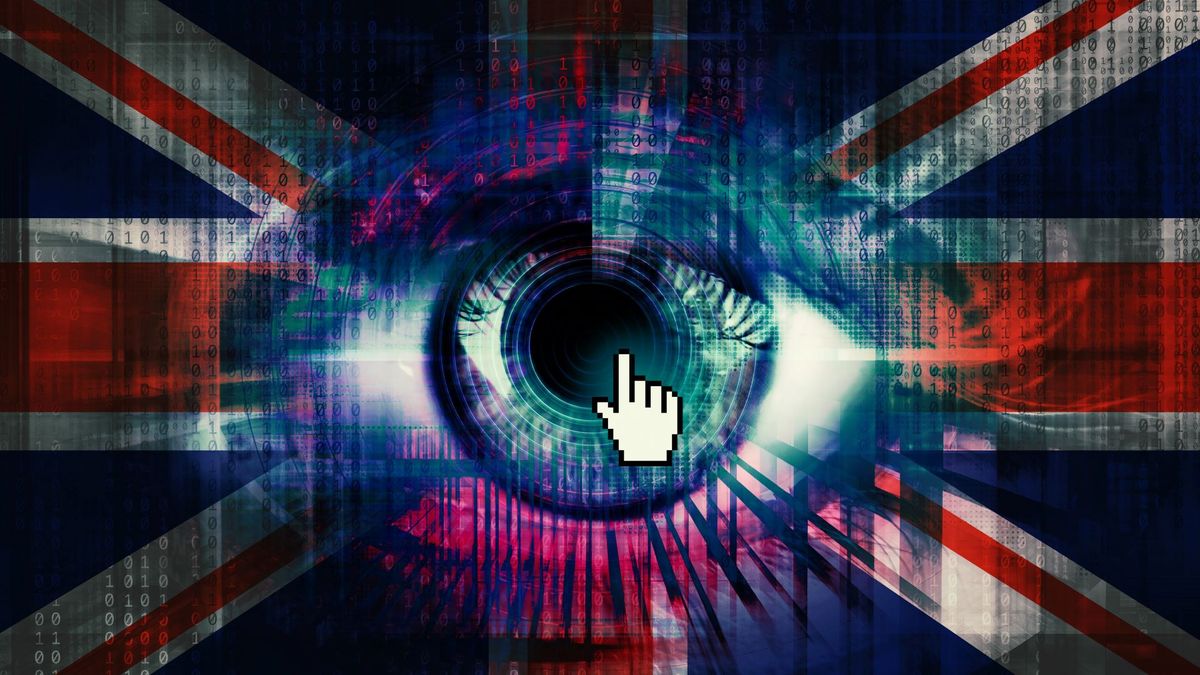Apple could soon be forced to give away all your encrypted data to the UK government

UK authorities want to force Apple to break its end-to-end encryption protections and allow it to spy on all data stored by users worldwide in its cloud storage service.
The Washington Post was the first to report on the undisclosed order the Big Tech Giant supposedly received last month.
People familiar with the matter told the publication that Apple is likely to stop offering encrypted storage in the UK, rather than undermine the privacy and security promised by its services. Yet, this may not be enough for Apple to completely avoid the requirement to comply with encryption backdoor demands in other countries.
Issued under the controversial 2016 Investigatory Powers Act, the UK order adds to ongoing pressures in Europe and beyond to create backdoors in encrypted software that could facilitate law enforcement’s criminal investigations. Technologists and privacy experts, however, have long argued how this would undermine citizens’ overall security while fueling indiscriminate mass surveillance. After Apple, they now fear Meta and Google could become the UK’s next target.
UK’s encryption backdoor request
The UK notice targets all encrypted content iPhone, iPad, and macOS users across the world have stored using Apple’s Advanced Data Protection (ADP).
While this isn’t a default feature, users can manually enable this protection for extra privacy and security to encrypt all the stored data. This means that not even Apple itself can access these files. It’s worth mentioning that the FBI also expressed concerns about this feature when it launched in 2022.
So far, Apple, and even the UK Home Office, have declined to share comments on the matter, with the latter saying it does not confirm or deny the existence of such notice.
Deemed Snooper Chart by its critics, the Investigatory Power Act allows law enforcement “to compel assistance from companies when needed to collect evidence,” said an anonymous Washington Post source reportedly close to the matter.
Worse still, among other things, last year’s proposed amendment to the law seeks to require all tech companies to ask for approval from the Home Office before adding new security or privacy features, encryption included. At the time, Apple strongly criticized the proposal, arguing it “would undermine fundamental human rights.”
🚨The UK Government has issued a *secret order* to have constant access to ALL of our iPhone data.Not just for UK citizens, but the world 😱If Apple has been given this (TCN*) order, I expect WhatsApp, Meta etc will have been as well…2025 is the new 1984?! https://t.co/ho5pAOfdgEFebruary 7, 2025
“This is a deeply concerning step that has huge ramifications for both encryption and for people’s data privacy worldwide,” Jurgita Miseviciute, Head of Public Policy at Proton, told TechRadar.
The provider behind one of the best VPN, encrypted email, and drive services on the market, Proton fears that compliance from Apple would create a dangerous precedent in the fight against encrypted apps.
Other experts and privacy advocates fear that the likes of Google and Meta may be next. Both companies, in fact, offer encrypted backup options.
In a tweet on X, the Director of Big Brother Watch, Silkie Carlo, wrote: “It is completely unprecedented for a Government in any democracy to take our ability to have a private conversation, without the state listening in, away from millions of its own citizens – let alone the world. It is sinister in the extreme.”
It’s not just our privacy at stake, though. Experts also argue that, on a technical level, encryption backdoors will create more problems than they solve by allowing cybercriminals to exploit vulnerable entry points.
“Backdoors to encryption that only let the good guys in are impossible,” said Miseviciute. “Removing access to end-to-end encryption in the UK for people’s files would be a huge step backward that would create a two-tier system, erode trust, and expose British users to surveillance and cyber threats.”
